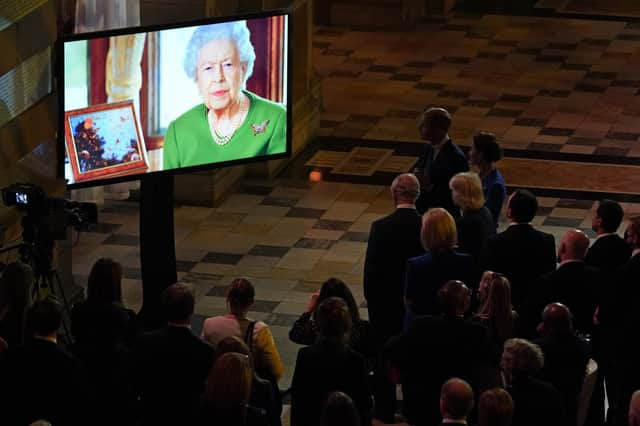Editor: More to a number than many of us care to acknowledge


I don’t mean those who struggle to know what to do about the climate crisis – which is pretty much all of us – but those who just want to bury their heads in the sand or, even worse, declare loudly that it is all made up.
It seems that their numbers if thankfully falling yet while politicians make the right noises about wanting to change, their actions just are going far enough. That’s why the Sheffield mum on Pages 8 and 9 feels so strongly that she is heading to COP26 to protest. It is the same reason why people believe they have no choice but to glue themselves to motorways. It is also an identical fear that we all have as individuals that we must do more.
Advertisement
Hide AdAdvertisement
Hide AdOur environment will be in the headlines for the next couple of weeks while the world leaders do their thing in Scotland but will it be enough?
Maybe it could all be simplified with one little number … 1.5.
Scientists and activists at COP26 have warned that the planet is heating up at an exceptional rate, but a 1.5 degree global warming target may give the world a lifeline.
The main aim of the Paris Agreement, which was signed by 192 parties in 2015, is to reduce global emissions to reduce global warming. In article two of the document, it states that countries should aim to combat global warming by “holding the increase in the global average temperature to well below 2°C above pre-industrial levels and pursuing efforts to limit the temperature increase to 1.5°C above pre-industrial levels, recognising that this would significantly reduce the risks and impacts of climate change”. This means that countries must keep the rise in temperatures to an ideal of 1.5 degrees, with a target of keeping them “well below” two degrees.
Advertisement
Hide AdAdvertisement
Hide AdIt is believed that global warming temperatures breaking the 1.5 degree target will see major climate change catastrophes. Scientists say that keeping global temperatures from rising more than 1.5 degrees by 2100 will help to reduce the risk to places such as Australia, Africa and the Middle East.
Have you ever heard of a number more worth fighting for?
Comment Guidelines
National World encourages reader discussion on our stories. User feedback, insights and back-and-forth exchanges add a rich layer of context to reporting. Please review our Community Guidelines before commenting.